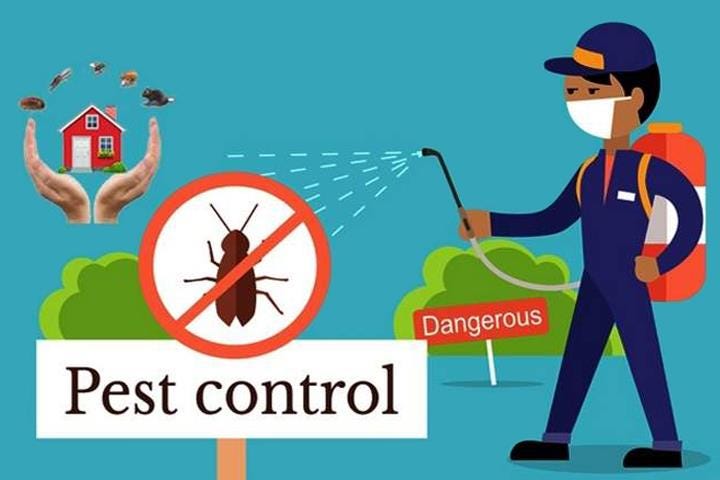Introduction
Pest control is a crucial aspect of maintaining a healthy and comfortable living environment. From homes to businesses, the presence of pests can have far-reaching consequences that impact not only our physical well-being but also the ecosystem and economy. In this comprehensive article, we will delve into why pest control services is of paramount importance and how it plays a significant role in safeguarding our health, environment, and peace of mind.
1. Health Concerns:
Pests like rodents, insects, and arachnids are carriers of diseases that can pose serious health risks to humans and animals alike. For instance, rats and mice can spread diseases such as leptospirosis and hantavirus, while mosquitoes are known vectors for malaria, dengue, and Zika virus. Cockroaches and flies can contaminate food and surfaces, leading to foodborne illnesses. Effective pest control measures help prevent the transmission of these diseases and safeguard public health.
2. Structural Damage:
Termites, carpenter ants, and wood-boring beetles can cause significant damage to buildings and structures by weakening their foundation and infrastructure. Left unchecked, these pests can lead to expensive repairs and compromise the structural integrity of properties. Regular pest inspections and control strategies help protect investments and prolong the lifespan of structures.
3. Food Safety:
Pests can infest food storage areas, processing facilities, and distribution networks, leading to contamination of food products. This not only affects the food’s quality but also poses serious health risks to consumers. Effective pest control in the food industry is essential to ensure that the food supply chain remains safe, preventing the spread of pathogens and ensuring the availability of safe and wholesome food.
4. Ecosystem Balance:
Pests, when left unchecked, can disrupt the delicate balance of ecosystems. Invasive species can outcompete native species, leading to a decline in biodiversity. For example, invasive species of plants and insects can disrupt the pollination process, affecting agricultural yields and ecological stability. Pest control helps manage these invasive species and contributes to maintaining a balanced ecosystem.
5. Agricultural Protection:
Pests pose a significant threat to agriculture by damaging crops, reducing yields, and impacting food production. Crop-eating insects, rodents, and plant diseases can devastate agricultural economies and food security. Integrated pest management techniques help farmers mitigate the risks associated with pest infestations while minimizing the use of harmful pesticides.
6. Economic Impact:
The economic impact of pests extends beyond immediate damages. Businesses can suffer reputation damage and financial losses due to pest-related incidents. Tourism, hospitality, and retail industries can be particularly affected if pests are present in their premises. Effective pest control measures contribute to maintaining a positive business image and customer satisfaction.
7. Peace of Mind:
Living or working in a pest-free environment brings peace of mind. The constant worry of encountering pests or dealing with infestations can create stress and anxiety. Regular pest control services in Noida provide residents, employees, and customers with a comfortable and stress-free environment, enhancing overall well-being.
8. Environmental Responsibility:
Modern pest control approaches emphasize environmentally friendly methods that minimize the use of harmful chemicals. Integrated pest management (IPM) focuses on understanding pest behaviors and using targeted strategies to manage populations. By opting for sustainable pest control methods, we contribute to preserving the environment for future generations.
Conclusion
The importance of pest control cannot be overstated. From protecting health and well-being to preserving the environment and maintaining economic stability, pest control plays a multifaceted role in our lives. By investing in effective pest control measures and adopting sustainable practices, we ensure a safer, healthier, and more harmonious living environment for ourselves and the generations to come.

